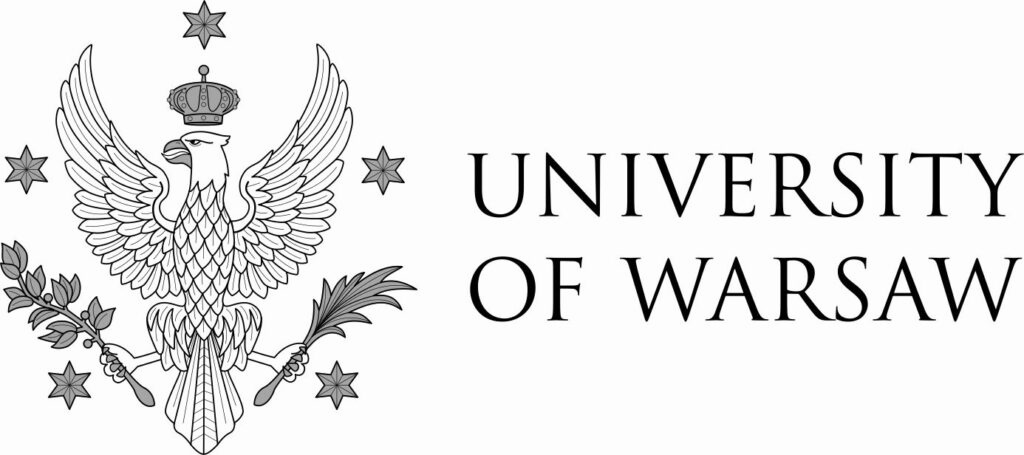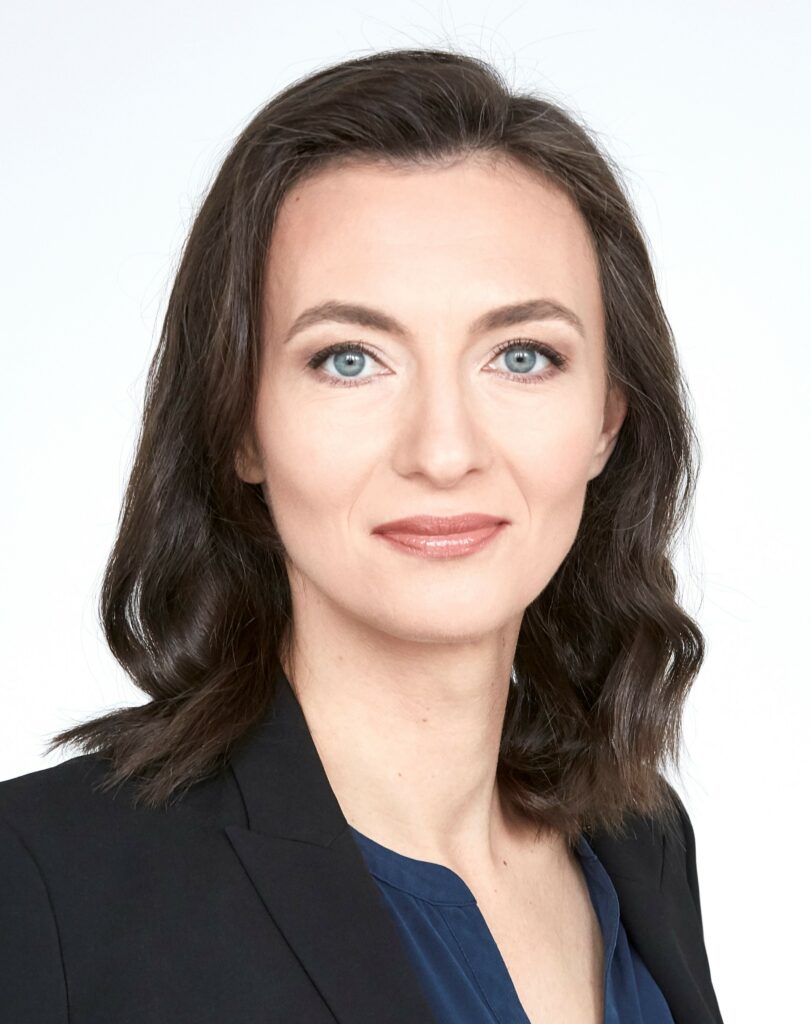
The University of Warsaw, established in 1816, is Poland’s largest university. It employs over 6,200 people and educates almost 53,700 undergraduate and graduate students in 19 faculties. The research activities for the EnTrust project are conducted by the Faculty of Political Science and International Relations. The Faculty is the biggest at the University of Warsaw. It cooperates with the vast majority of academic centres conducting research in social sciences in Poland. It also has scientific exchanges with academic centres abroad, i.e. in the United States, Canada, Australia and European countries. At the Faculty, research is carried out in various fields of political science, public policy, and security studies.
Team members

Maria Theiss is the principal investigator of the Polish team. She is an assistant professor at the Faculty of Political Science and International Studies at Warsaw University where she has obtained her PhD and habilitation. Her research focuses on the issues of social citizenship, social capital, civic society and the local level of social policy. She was the principal investigator of the Polish team for the projects ‘Transnational Solidarity at times of Crisis’ (TransSOL, H2020) and ‘Living with Hard Times: How Citizens React to Economic Crises and Their Social and Political Consequences’ (LIVEWHAT, 7th FP). Maria also conducted an additional number of research studies in Poland, including: ‘Local social citizenship – the example of childcare services’, funded by the National Research Centre, ‘Differences in local social policy in Poland – the local dimension of social citizenship’, as well as several evaluation programmes of local social policies. She is an author and co-editor of 5 books on issues of poverty, social exclusion and governance processes at the local level in Poland, as well as articles and book chapters.
Dorota Szelewa works for the Faculty of Political Science and International Studies at Warsaw University, Poland, also in addition to being a Lecturer in Social Justice at the School of Social Policy, Social Work and Social Justice, University College, Dublin. She completed graduate programmes in Sweden (Dalarna University College) and Hungary (Central European University, Budapest) and received her PhD from the European University Institute (Florence, Italy), where she defended a thesis on the role of public bureaucrats in shaping family policies in Hungary and Poland. Szelewa has also worked at the University of Southern Denmark in Odense, at the Bremen International Graduate School of Social Sciences and at Warsaw University. She has published her work in such journals as in Social Politics, Journal of European Social Policy, Social & Legal Studies, Transfer: European Review of Labour and Research or European Journal of Social Security. Her research interests are interdisciplinary and include the issues of social policy transformation in post-communist countries, gender studies, migration, theories of institutional evolution, public administration and public management, and the problems of Europeanisation.
Wojciech Gędek is a Master’s student at the Faculty of Political Science and International Studies of the University of Warsaw. He holds a Licencjat (Bachelor degree) in Social Policy. In the course of his studies he participated in various research activities – including an evaluation of a special-needs education project in Skierniewice (Poland). His research interests focus on evidence-based policy and the wider role of knowledge in the public policy process.
Sebastian Sosnowski works for the Faculty of Political Science and International Studies at Warsaw University (UW). He has graduated from College of Inter-Area Individual Studies in Humanities and Social Science of UW. He has taken part in international projects with University of Northampton (Changemaker Exchange) and University of Lisbon (Service Learning at UW). Currently, he is studying Digital Sociology at Masters’ level at the Institute of Sociology of UW. His research interests are focused on new technologies in public policies and services, e-governance.
